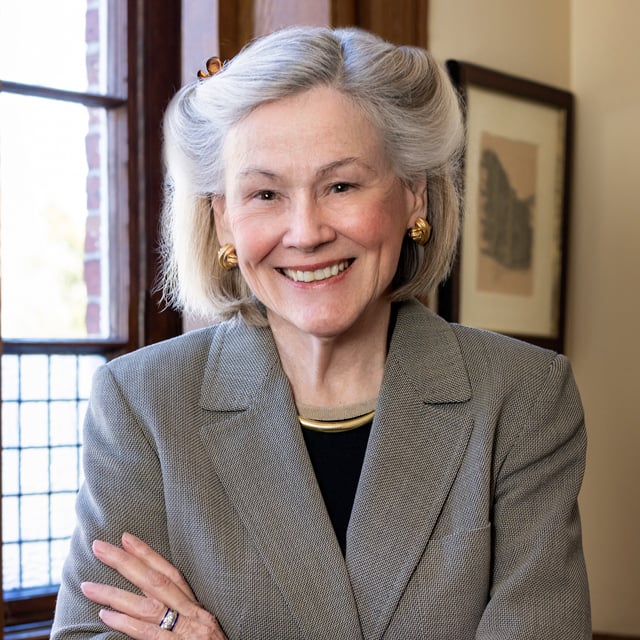Alicia Munnell Praises DOL Rollover Rule, Blasts New Social Security 2100 Act

Alicia Munnell, professor of management sciences at Boston College and director of its Center for Retirement Research, minces no words in her assessment of temporary benefit increases included in the newest proposed version of the Social Security 2100 Act.
“It’s terrible,” she tells ThinkAdvisor in a recent interview. “That will cause dissatisfaction among workers who are entering the retirement phase. … [The act] is moving from a wonderful piece of legislation to a silly piece of legislation.”
However, in the interview, the economist praises the Labor Department’s proposal that would require a fiduciary standard when advising on rollovers from 401(k) plans to IRAs.
“Financial services firms have a big incentive for people to take their money out of a 401(k) …and move it to higher-fee investments,” she says. “That’s where [they] make money.”
But “if [the assets are put] in a high-fee investment, inevitably that’s not going to serve the interest of the participants,” Munnell adds.
Before joining Boston College in 1997, Munnell was a member of the President’s Council of Economic Advisers and assistant secretary of the Treasury for economic policy. Earlier, she was with the Federal Reserve Bank of Boston for 20 years, rising to senior vice president and director of research.
In the interview with Munnell, who was speaking by phone from Boston, she notes how the projected total depletion of the Social Security Trust Fund has been long expected — but the date has moved ever closer.
Here are excerpts from our conversation:
THINKADVISOR: The most important change in the proposed new Labor Department rule covers extending protection on rollovers from 401(k) plans to IRAs, you write. Why is that one the most critical?
ALICIA MUNNELL: My suspicion is that companies are no longer making much money on 401(k) plans, and the chance to make money is to have participants roll their balances over to an IRA, where their money can be invested in high-fee funds.
If there’s any loophole that allows somebody to do anything other than work in the saver’s best interest, then I’m glad it’s closed.
I gather that this recommendation on whether they should roll over and when, is often a one-shot affair. That seems to be omitted from the general precautionary mandate to make sure the action is in the saver’s best interest.
“The force of inertia would lead participants to leave their balances in 401(k)s and that taking the trouble to move their funds suggests a strong motivating force,” you write. Such as?
A lot of advertising. That’s where the financial services firms make money: They have a big incentive for people to take their money out of a 401(k), which is under fiduciary protection and has generally well-selected investment options, and move it to high-fee investments.
It’s where that money is put that’s important. If it’s in a high-fee investment, inevitably that’s not going to serve the interest of the participants.
You write that a new version of the Social Security 2100 Act that calls for temporary benefit increases is a bad idea. Why?
It’s terrible. When you do a temporary change, one of two things happen: Either you keep it and adopt it permanently, in which case, it costs a lot of money — and we haven’t restored balance to the program. Or you don’t keep it, and it creates chaos.
The Social Security Administration is strained already from a low operating budget. To introduce change that has to be programmed in and then deleted will just cause chaos.
Also, you’re going to get people saying, “How come my benefits didn’t go up as much this year as they did last year?” or “How come I’m not getting the benefit that my brother got?”
It will cause great dissatisfaction among workers who are entering the retirement phase.
“Resurrect the original [2100 Act] legislation and put it on the table,” you recommend. Why?
I loved the original. I thought it was great. It had a little sprinkling of expansions.
But now we have constraints. The president has said he doesn’t want taxes raised on households earning under $400,000.
That means you can’t raise the payroll tax rate. I think you could use that as one component of the package but not put the whole burden on that lever. But that avenue is shut off.




